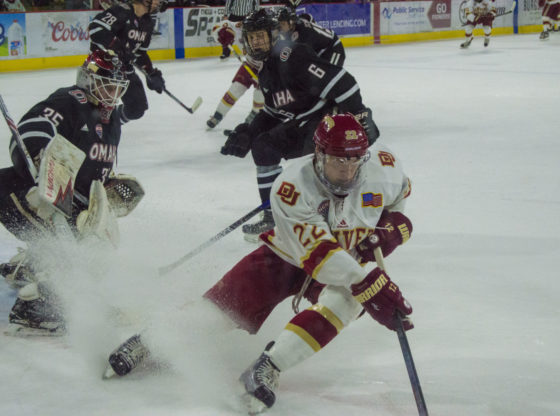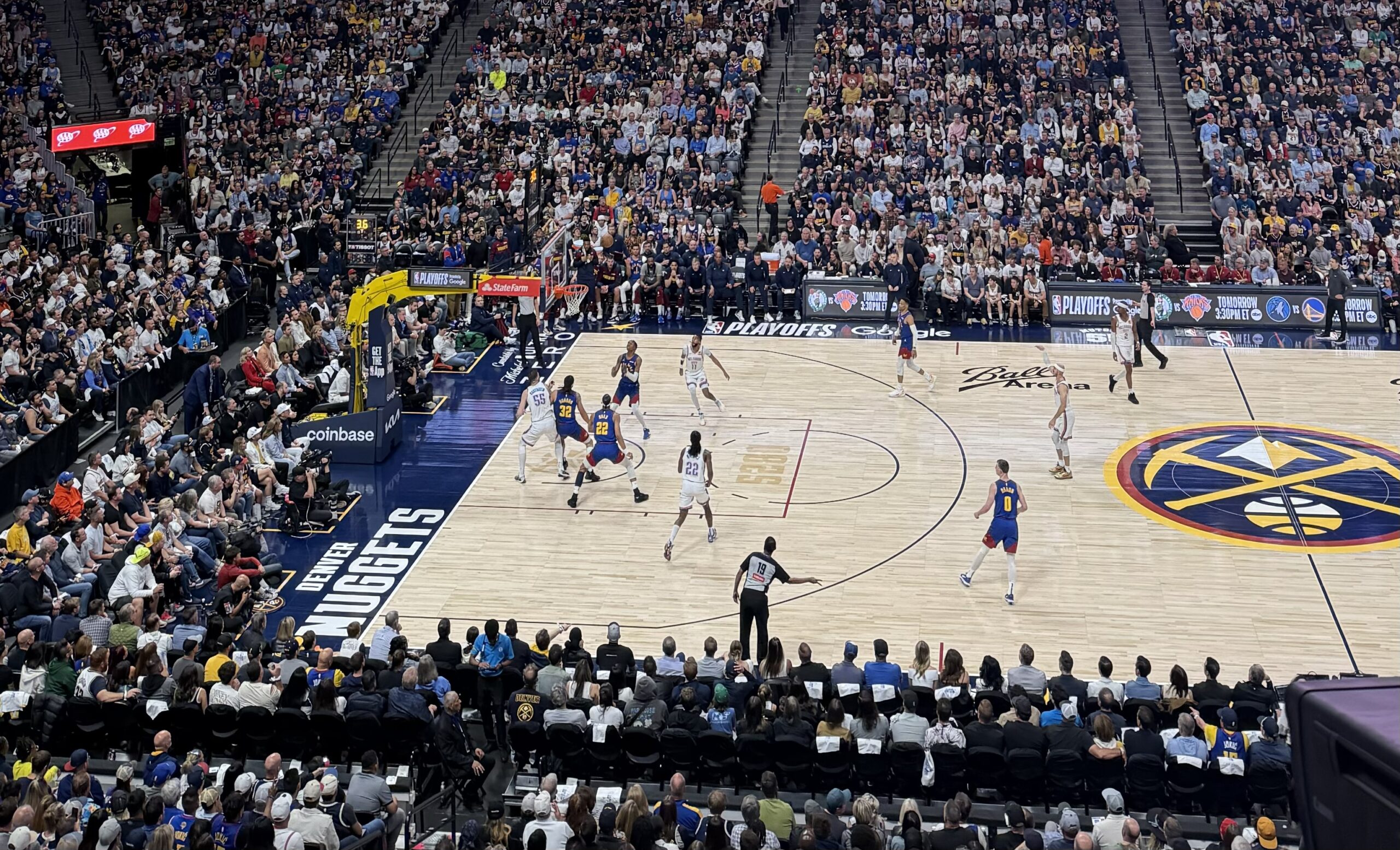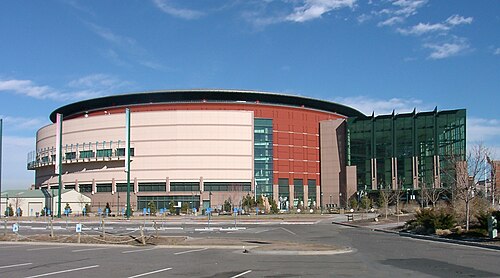As the DU spring soccer season comes to a close, I started regretting not watching more of it this year. It is a sport I’ve been trying to get more into, but just haven’t had many opportunities.
Luckily for me, and anyone else in a similar situation, there is a big one coming up. In June, the 2014 FIFA World Cup will begin in Brazil, and while it stands out as one of the most exciting and awe-inspiring sporting events in the world, this year’s has the potential for disaster.
According to The Guardian, Brazil has spent in excess of $4 billion on stadiums for the tournament, or about $62 million a match. It has also spent about $7 billion in other associated infrastructure costs.
That is over $10 billion dollars that could have been spent on health care, education, and better infrastructure in Brazil. Public support for the cup has fallen from 80 percent to under 50. Even more scary is the fact that South Africa was only able to regain 10 percent of their $3 billion investment four years ago. In addition, Brazil is immensely behind in preparations for the 2016 Olympics. Estimates have Brazil at 10 percent finished, a mark that is vastly behind the 60 percent that London had completed at this point.
The truth is that things are bad. Citizens have been taking to the streets in open protests of the World Cup. There have been scary reports of police raids in impoverished areas of the country. If the tournament doesn’t make money for the country, a more dire situation for the 2016 Olympic games will ensue. The latest news is that the police force is threatening to strike during the Cup, the consequences of which could be catastrophic for the whole nation. But even with the potential for disaster so high, I will still be tuning in to cheer on team U.S.A. and support the event as a whole.
Here is where my humanitarian side and sports fan side come into conflict. Last quarter, I took an activist media class which conjured images of crime and poverty-stricken areas of Brazil, grassroots protests, and government corruption; all of which have seemingly been exacerbated by the Cup.
It’s true that Brazil’s handling of the situation has been poor and that their officials should have put the livelihood of their public above the chance to host a sporting event. This is something that shouldn’t be forgotten while we watch the games and throughout the event.
But it is also why we should be watching; it is important that the Cup goes well and that it successfully helps stimulate the Brazilian economy.
More importantly, the Cup is an opportunity for international cooperation and sportsmanship. With the eyes of the entire world watching a single stage, truly amazing things can happen. It was only eight years ago that Chelsea super-star Didier Drogba ended a five-year civil war in the Ivory Coast with an impassioned plea for peace. It was only four years ago that the world saw Siphiwe Tshabalala score the first goal of the tournament in his own country of South Africa, sending roars of vuvuzelas through the stands and television sets across the world.
Maybe this year we will see something special as well. Maybe the Brazilian team will give its people something to rally behind. Maybe the nation will actually profit from the games, so infrastructure and living conditions can be improved. So while things aren’t looking great now, and it has the potential to become a world class failure, it still retains the chance to be something great.










